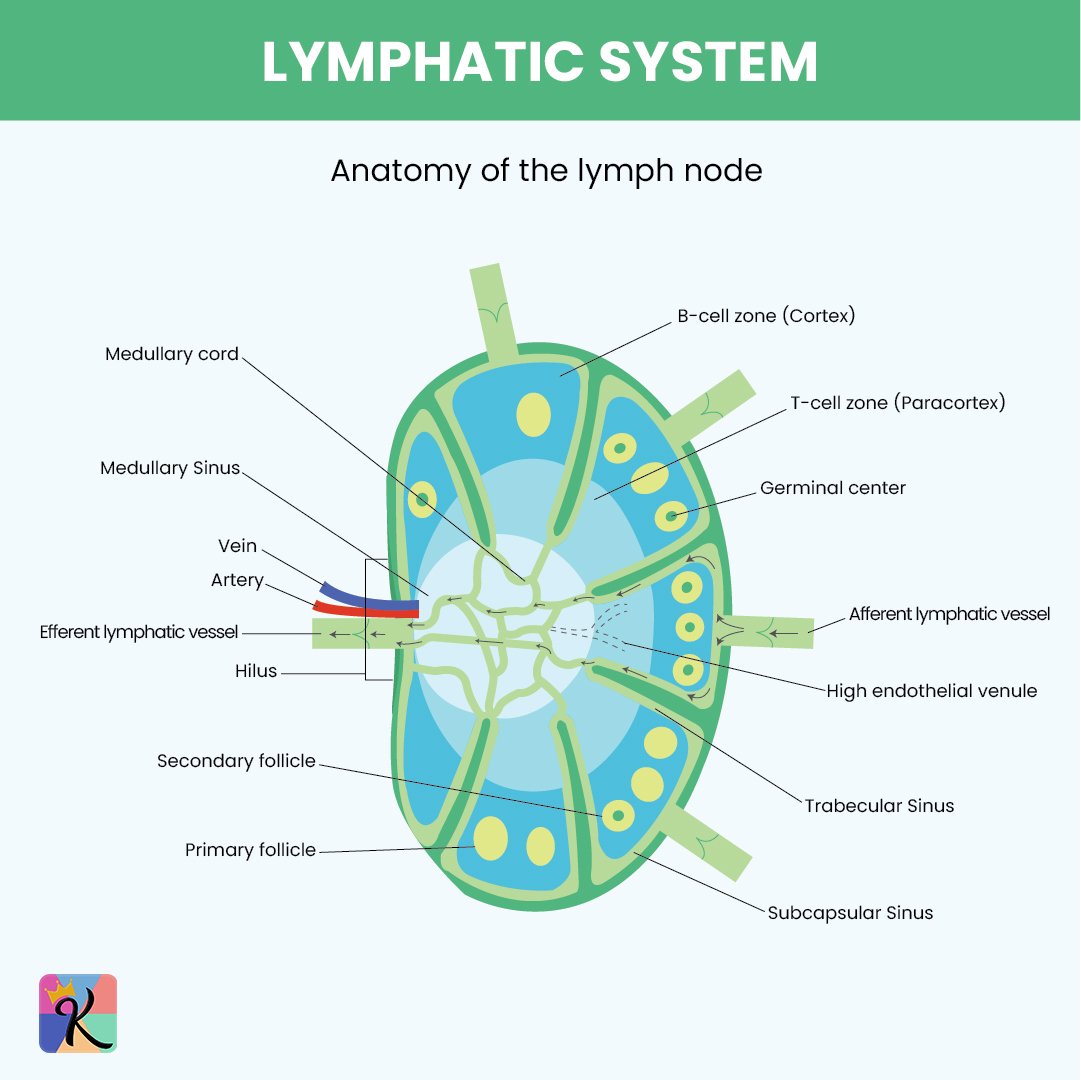Mastering the Lymphatic System for the DAT: Immunity & Fluid Balance
The lymphatic system plays a vital role in immune defense, fluid balance, and fat absorption. Understanding how lymph nodes, vessels, and white blood cells interact is essential for the DAT biology section.
In this blog, we’ll break down the key functions of the lymphatic system, helping you prepare for exam questions on immunology and circulation!
Functions of the Lymphatic System
1. Fluid Balance
Returns excess interstitial fluid to the bloodstream.
Prevents edema (swelling) by draining fluid from tissues.
2. Immune Defense
Lymph nodes filter pathogens and house white blood cells (WBCs).
Produces B and T lymphocytes to fight infections.
3. Fat Absorption
Specialized lacteals in the small intestine absorb dietary lipids and fat-soluble vitamins.
Key Components of the Lymphatic System
✅ Lymph Nodes: Filter lymph and house immune cells.
✅ Lymphatic Vessels: Transport lymph throughout the body.
✅ Thymus: Produces T cells for immune defense.
✅ Spleen: Filters blood, removing old red blood cells and pathogens.
✅ Tonsils & Adenoids: Protect against airborne pathogens.
DAT-Style Question Example
Which of the following is NOT a function of the lymphatic system?
A) Transporting immune cells
B) Regulating body temperature
C) Absorbing dietary lipids
D) Returning interstitial fluid to circulation
Answer: B – The lymphatic system does not regulate temperature; it manages fluid balance, immunity, and fat absorption.
Master the Lymphatic System with KOTC
🔬 Need help with DAT biology?
Explore King of the Curve’s interactive visuals and 1000+ science illustrations to reinforce your learning!
📲 Download the KOTC app and practice daily questions to stay ahead.
Conclusion
The lymphatic system is a high-yield DAT topic, linking fluid balance, immunity, and fat absorption. Understanding its role will help you tackle DAT biology questions with confidence!
Frequently Asked Questions (FAQs)
-
Aim for 4-6 focused hours, ensuring you incorporate breaks to avoid burnout.
-
Practice mindfulness techniques, take practice exams under realistic conditions, and maintain a balanced lifestyle.
-
Set short-term goals, seek support from mentors, and reward yourself for small achievements.
-
Regular exercise improves focus, reduces stress, and enhances overall mental clarity.
-
KOTC offers personalized learning tools, gamification features, and adaptive question banks to help students stay on track without burnout.


